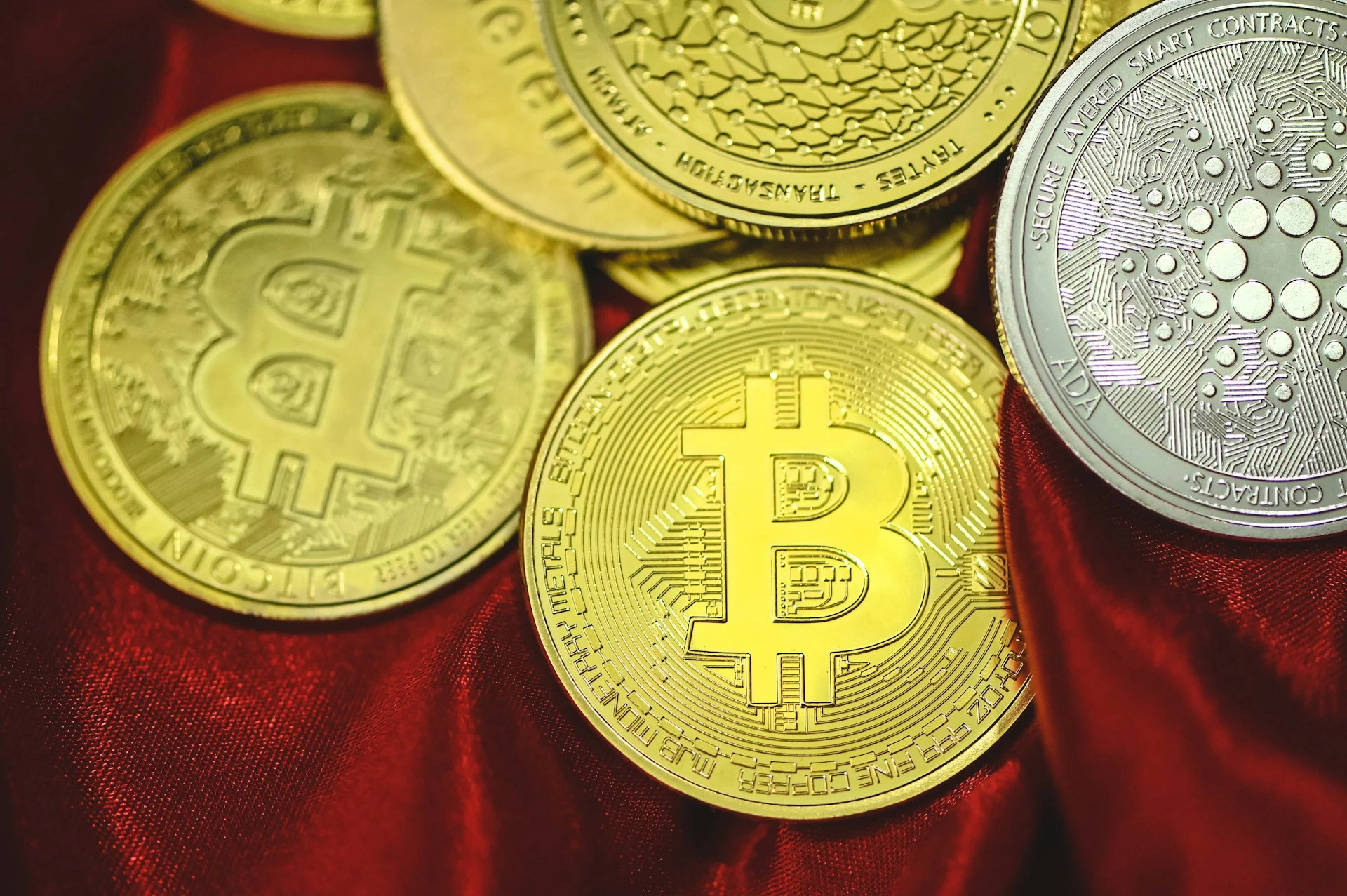
Image Credit: Traxer Unsplash
CSOP Launches Asia’s First Inverse Bitcoin ETF in Hong Kong
China Southern Asset Management Co., Ltd (CSOP) launched Asia Pacific region’s first crypto-linked inverse exchange-traded funds (ETFs) in Hong Kong, today.
The ETF — CSOP Bitcoin Futures Daily (-1x) Inverse Product — open for trading on Hong Kong Exchanges and Clearing (HKEX) allows investors to profit from downward price movements of the world’s largest cryptocurrency token.
This launch comes after a summer of volatile trading, during which Bitcoin’s price dropped below $54,000 in early July. However, optimism about pro-crypto Donald Trump’s potential return to office later fueled a recovery. Some traders think Trump-fueled optimism could send Bitcoin to $100,000 “very soon,” said CSOP’s CEO Ding Chen during an interview with Bloomberg Intelligence’s Rebecca Sin and David Ingles
In response to this volatility and anticipating increased demand, CSOP introduced this product, aiming to profit from the fluctuating cryptocurrency market. The company is also preparing to introduce an inverse Ether ETF, she added.
Inverse products are designed as daily reset ETFs, enabling trade-oriented investors to profit from a decline in the value of an underlying asset, another ETF, or a market index.
However, instead of investing directly in Bitcoin, CSOP’s new product will focus on short positions in Bitcoin futures traded on the Chicago Mercantile Exchange, as outlined in the company’s regulatory filings last week and reported by the South China Morning Post (SCMP).
While CSOP aims to help traders profit from the volatile market prices of such products, it has warned that the product’s high price volatility can cause stock values to drop by more than 20% in a single day, revealed SCMP in the article.
With a positive outlook on crypto exchange-traded products and investment in inverse ETFs, CSOP aims to attract $50-100 million in assets under management (AUM) over the next few years. Globally, inverse crypto exchange-traded products have already attracted approximately $106 million, according to Bloomberg.


 Previous Story
Previous Story

 Latest articles
Latest articles 

Leave a Comment
Cancel